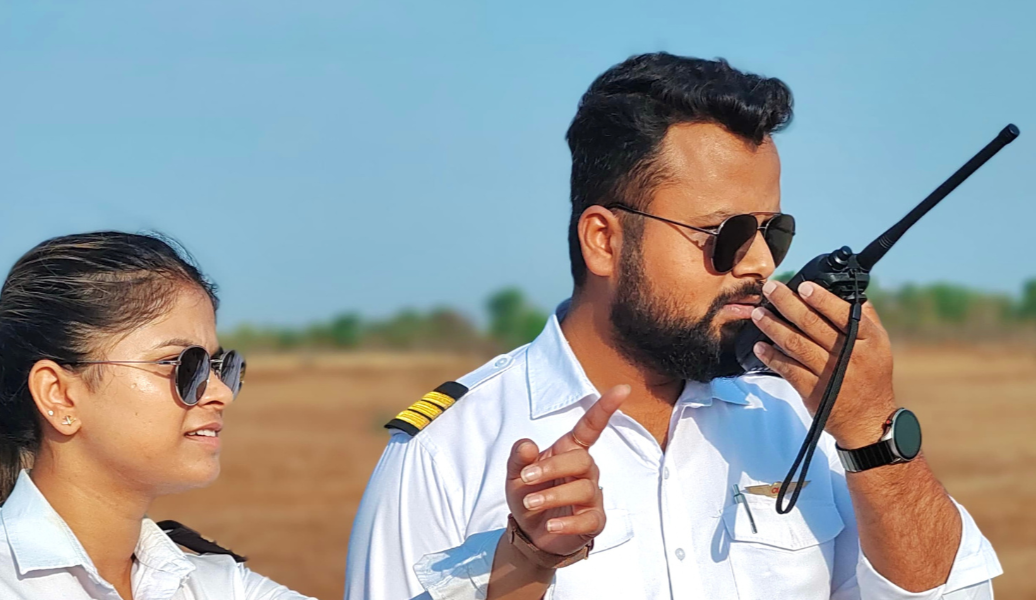Blogs & News

Big Changes Ahead: DGCA to Conduct RTR(A) Exam Starting November 2025

If you’re training to become a pilot, there’s an important update that could make your journey to the cockpit smoother, fairer, and more transparent.
Starting November 2025, the Directorate General of Civil Aviation (DGCA) will officially take over the Radio Telephony Restricted (Aeronautical) [RTR(A)] examination, a crucial qualification for aspiring pilots, aircraft maintenance engineers (AMEs), and flight dispatchers in India.
Until now, this exam has been conducted by the Wireless Planning and Coordination (WPC) wing. However, many students have long voiced concerns about a lack of clear guidelines, long waiting times, and inconsistent evaluation practices. In response, the DGCA is stepping in to overhaul the process, focusing on fairness, transparency, and efficiency.
What’s Changing for You?
- The Written Exam will now be held in five major cities: Delhi, Mumbai, Hyderabad, Kolkata, and Chennai.
- The Oral Exam (practical assessment) will begin in Delhi initially, with more cities to be added as new exam centers are developed.
- More Exam Opportunities: The RTR(A) will be held every three months initially, and later, every two months, thereby reducing waiting periods.
- DGCA Computer Number Now Mandatory: Just like other DGCA exams, students must now have a valid DGCA Computer Number to register. If you don’t have one yet, now’s the time to apply.
- New Syllabus: A revised syllabus will soon be introduced to better reflect current aviation communication standards.
- Grievance Redressal: A formal system will be in place to handle student concerns and feedback more effectively.
What This Means for Aspiring Pilots
These changes are designed to give you a more predictable and professional experience as you prepare for your aviation career. With the DGCA overseeing the process, you can expect clearer rules, consistent standards, and improved accessibility across India.
At Chimes Aviation Academy, we believe that every student deserves a level playing field. We fully support this move and see it as a positive step toward empowering the next generation of aviation professionals.
Do you have thoughts or questions about this new development? We’d love to hear from you. Let’s continue working together to make your path to the skies as smooth as possible.


